Filter by
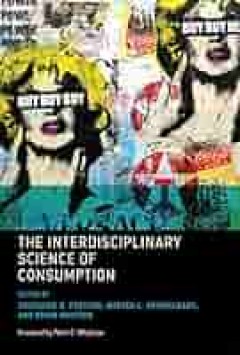
The Interdisciplinary Science of Consumption
Scholars from psychology, neuroscience, economics, animal behavior, and evolution describe the latest research on the causes and consequences of overconsumption.OCLC-licensed vendor bibliographic record.
- Edition
- -
- ISBN/ISSN
- 9780262325387
- Collation
- 1 online resource (xxiii, 318 pages) :illustrations
- Series Title
- -
- Call Number
- -
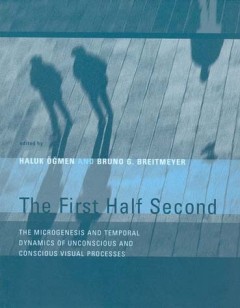
The First Half Second: The Microgenesis and Temporal Dynamics of Unconscious …
Recent advances in the study of visual cognition and consciousness have dealt primarily with steady-state properties of visual processing, with little attention to its dynamic aspects. The First Half Second brings together for the first time the latest research on the dynamics of conscious and unconscious processing of visual information, examining the time-course of visual processes from the m…
- Edition
- -
- ISBN/ISSN
- 9780262316293
- Collation
- 1 online resource (vii, 410 pages) :illustrations
- Series Title
- -
- Call Number
- -
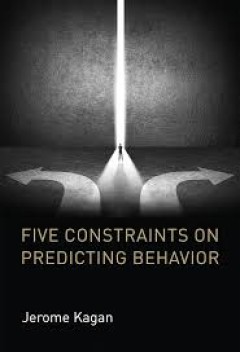
Five constraints on predicting behavior
A distinguished psychologist considers five conditions that constrain inferences about the relation between brain activity and psychological processes.OCLC-licensed vendor bibliographic record.
- Edition
- -
- ISBN/ISSN
- 9780262341349
- Collation
- 1 online resource (viii, 246 pages)
- Series Title
- -
- Call Number
- -
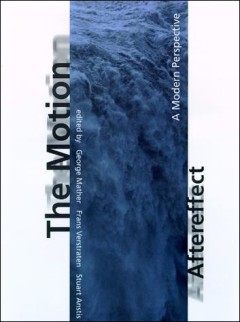
The motion aftereffect :a modern perspective
"A Bradford book."Motion perception lies at the heart of the scientific study of vision. The motion aftereffect (MAE), probably the best-known phenomenon in the study of visual illusions, is the appearance of directional movement of a stationary object or scene after the viewer has been exposed to visual motion in the opposite direction. For example, after one has looked at a waterfall for a pe…
- Edition
- -
- ISBN/ISSN
- 9780262279246
- Collation
- 1 online resource (xii, 220 pages) :illustrations
- Series Title
- -
- Call Number
- -
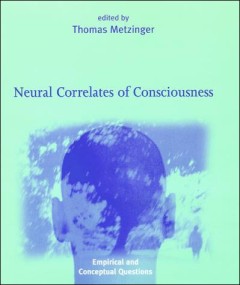
Neural correlates of consciousness :empirical and conceptual questions
"A Bradford book."This book brings together an international group of neuroscientists and philosophers who are investigating how the content of subjective experience is correlated with events in the brain. The fundamental methodological problem in consciousness research is the subjectivity of the target phenomenon--the fact that conscious experience, under standard conditions, is always tied to…
- Edition
- -
- ISBN/ISSN
- 9780262279734
- Collation
- 1 online resource (vi, 350 pages) :illustrations (some color).
- Series Title
- -
- Call Number
- -
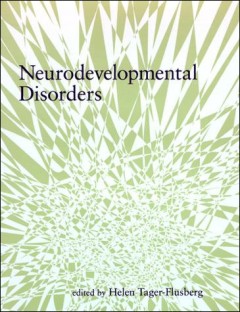
Neurodevelopmental disorders
"Until recently, genetic, neuroanatomical, and psychological investigations on neurodevelopmental disorders were carried out independently. Now, tremendous advances across all disciplines have brought us toward a new scientific frontier: the integration of molecular genetics with a developmental cognitive neuroscience. The goal is to understand the basic mechanisms by which genes and environmen…
- Edition
- -
- ISBN/ISSN
- 9780262284653
- Collation
- 1 online resource (xii, 614 pages) :illustrations.
- Series Title
- -
- Call Number
- -
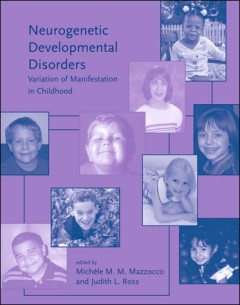
Neurogenetic developmental disorders :variation of manifestation in childhood
A reference to guide clinicians, researchers, teachers, and parents in identifying a range of genetic disorders despite widely variable cognitive, behavioral, and physical effects.OCLC-licensed vendor bibliographic record.
- Edition
- -
- ISBN/ISSN
- 9780262279321
- Collation
- 1 online resource (xiv, 507 pages) :illustrations.
- Series Title
- -
- Call Number
- -

Timing of Behavior: Neural, Psychological, and Computational Perspectives
A Bradford book."OCLC-licensed vendor bibliographic record.
- Edition
- -
- ISBN/ISSN
- 9780262282567
- Collation
- 1 online resource (xii, 384 pages) :illustrations
- Series Title
- -
- Call Number
- -
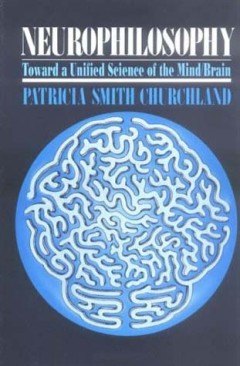
Neurophilosophy :toward a unified science of the mind-brain.
Five chapters in the book's first part, "Some Elementary Neuroscience," sketch the history of the science of nervous systems and provide a general introduction to neurophysiology, neuroanatomy, and neuropsychology. In the second part, "Recent Developments in the Philosophy of Science," chapters place the mind-body problem within the wider context of the philosophy of science. Drawing on recent …
- Edition
- -
- ISBN/ISSN
- 9780262315944
- Collation
- 1 online resource.
- Series Title
- -
- Call Number
- -
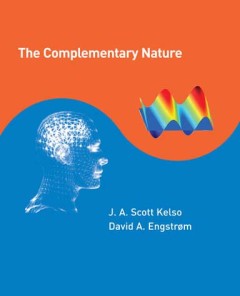
The Complementary Nature
"A Bradford book."Why do we divide our world into contraries? Why do we perceive and interpret so many of life's contraries as mutually exclusive, either/or dichotomies such as individual~collective, self~other, body~mind, nature~nurture, cooperation~competition? Throughout history, many have recognized that truth may well lie in between such polar opposites. In The Complementary Nature, Scott …
- Edition
- -
- ISBN/ISSN
- 9780262316286
- Collation
- 1 online resource (xviii, 317 pages) :illustrations
- Series Title
- -
- Call Number
- -
 Computer Science, Information & General Works
Computer Science, Information & General Works  Philosophy & Psychology
Philosophy & Psychology  Religion
Religion  Social Sciences
Social Sciences  Language
Language  Pure Science
Pure Science  Applied Sciences
Applied Sciences  Art & Recreation
Art & Recreation  Literature
Literature  History & Geography
History & Geography